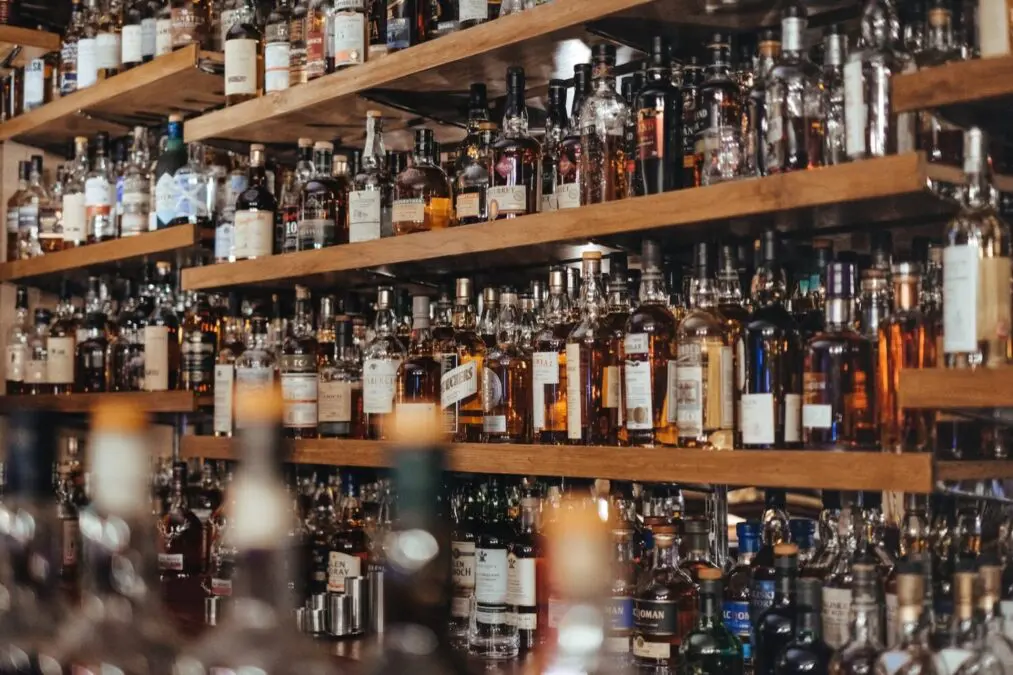Many thousands of lives could be saved each year in the WHO European Region, if Member States introduced more taxes on alcohol. Across the Region, taxes on the sale of alcohol are lower than taxes on tobacco. To enhance the untapped power of health taxes, the WHO Regional Director for Europe’s Advisory Council on Innovation and Noncommunicable Diseases (NCD Advisory Council) has proposed a new signature initiative on taxation for countries to consider in their fiscal policies.
Across the Region, alcohol consumption leads to almost 1 million deaths each year from a wide range of causes, including cardiovascular diseases, cancer and other noncommunicable diseases (NCDs), as well as infectious diseases and injuries. Every day in the Region, around 2500 people die because of alcohol.
Decades of research and country experiences from all over the world have shown that increasing the price of alcoholic beverages through taxation is one of the most cost-effective policies used to lower drinking levels and alcohol-attributable harm. This has been recognized as a “best buy” intervention by WHO, delivering greater health impacts in reducing illness, disability and premature death than other policy options.
However, alcohol taxation remains one of the least implemented measures, largely due to opposition from economic operators and because price increases are generally unpopular with the public.
This is why the NCD Advisory Council is launching this signature initiative that focuses on 5 key areas that will increase the untapped potential of health taxes for alcohol in the Region in an unprecedented way.
Alcohol taxation: effective but neglected health measure
“In the context of alcohol, taxation should be considered as a health measure, and not purely an economic instrument. Today, there is an important consensus among the Member States to follow WHO’s recommendation of a minimum 75% tax share of the retail price of tobacco, a goal that has already been achieved by more than half of the 53 countries in the Region. But very little is being done regarding alcohol consumption with the same measures,” said Dr Carina Ferreira-Borges, ad interim Director for NCDs, Programme Manager for Alcohol and Illicit Drugs, WHO/Europe.
“We have calculated how alcohol tax increase will impact mortality in the WHO European Region. And this data clearly demonstrates how beneficial this measure will be for people’s health,” added Dr Jürgen Rehm, member of the NCD Advisory Council, Senior Scientist at the Institute for Mental Health Policy Research and the Campbell Family Mental Health Research Institute at the Centre for Addiction and Mental Health, Toronto, Canada.
Minimum level of alcohol tax will save more than 130 000 lives per year
According to a study that was conducted by the NCD Advisory Council’s signature initiative working group, if countries of the WHO European Region were to introduce a minimum level of 15% tax on the retail price per unit of alcohol, regardless of the type of alcoholic beverage, it would save 133 000 lives each year.
This number could increase substantially with a higher percentage of tax share, meaning increasing alcohol excise duty should be considered a priority for public health.
What is important is the final price of alcohol
Any amount of pure alcohol should cost the same – no matter the alcoholic beverage, concludes the signature initiative working group.
“We need to remember that the final price the consumer pays for the bottle is important. Consumers do not buy, for example, 10 grams of pure alcohol. They buy a bottle of beer or wine or spirits – so the price levels for any beverage should be at the same level depending on the amount of alcohol inside,” explained Dr Jürgen Rehm.
The NCD Advisory Council gathers the best expertise on the topic of NCD prevention, and inspires Member States to reach the NCD-related Sustainable Development Goals.
In promoting further implementation of alcohol control measures, the Council’s activities are in line with the WHO European Programme of Work 2020–2025 – “United Action for Better Health in Europe”.







